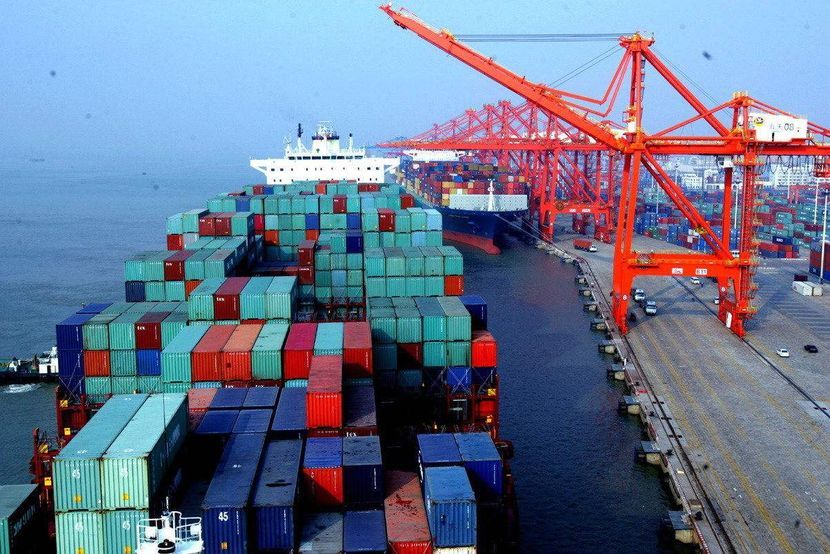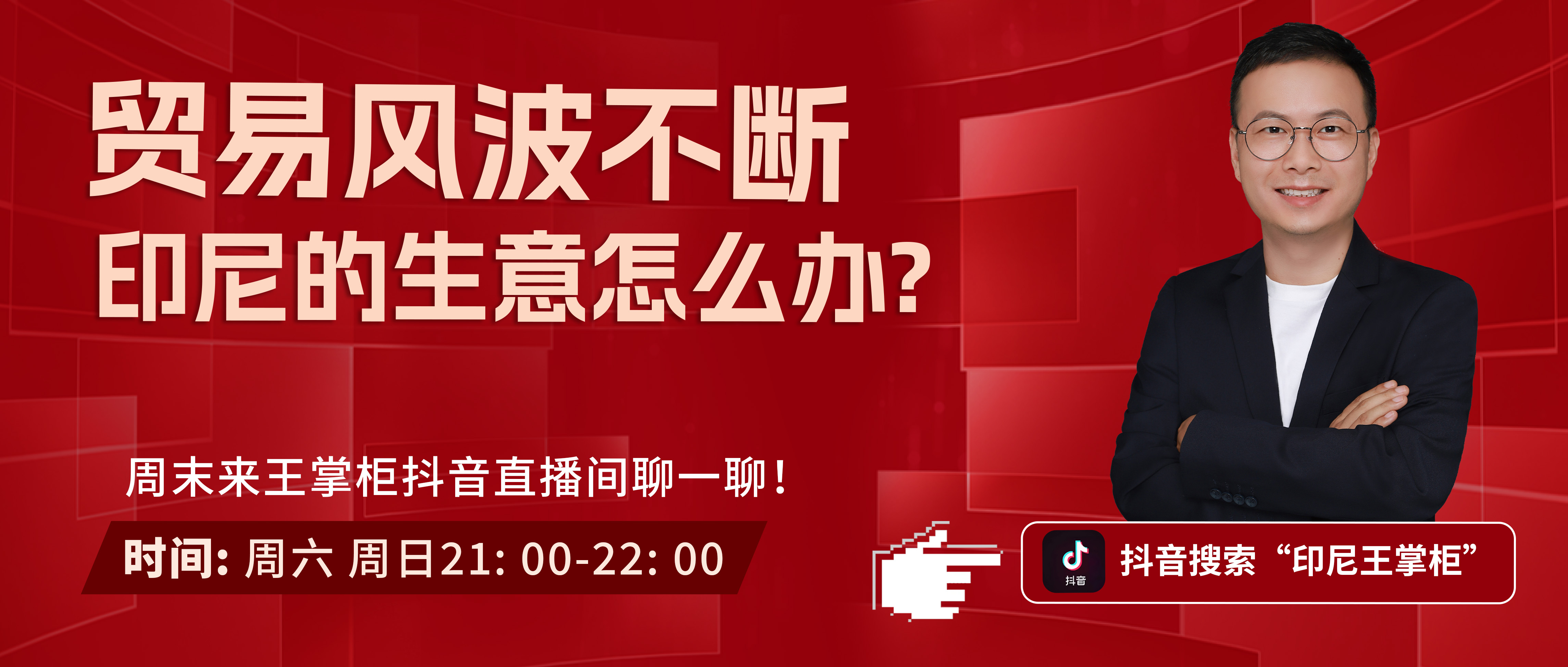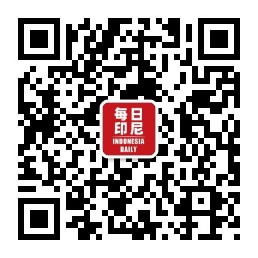What's next for Indonesia's trade business as storms continue, says boss

Indonesia trade business, too difficult? Recent week the Indonesian government departments to rectify the news of illegal imports, constantly impacting traders and e-commerce practitioners of the nerves, in order to be safe, a lot of do offline wholesale stalls began to tighten the door, many overseas warehouse also suspended operations. Just last month at the end of June, Indonesia's trade minister shouted to impose 100-200% guaranteed tariffs, Indonesia's trade policy and regulatory enforcement, stormy, what is the reason behind it, Wang pal tried to give you a chat:
There are a lot of people think that the reason for the trade storm is because the Indonesian government is facing a change of government, and different stakeholders are facing reshuffling, this may have some impact, but Wang Palm believes that the core issue behind it is that the Indonesian government is facing the pressure of preserving jobs. According to Indonesian media reports, in the last two years, there have been 36 plus textile factories closed down, 31 are on the verge of closure, at least 150,000 textile workers laid off in the textile and garment industry throughout the year of 2023, at the same time in the field of building materials, seven tile factories have also announced the shutdown of the production of the Indonesian community that the reason behind this is that imported textiles and building materials due to the advantages of the price and quality of the impact on the local industry
If we go back in time to 2023, the public opinion at that time centered on the fact that e-commerce platforms, especially the Tiktok platform, were flooded with cheap products, impacting offline brick-and-mortar stores, and that more than 90% of these cheap products were imported. In September of that year, the President of Indonesia mentioned in his speech, not to mention a shirt of 5,000 rupiah, which is predatory pricing, and these directly led to the beginning of Indonesia's continuous tightening of trade regulation and regulation of imported products, including raising the customer unit price of cross-border e-commerce to 100 U.S. dollars, setting up quotas and certification thresholds, and so on, which has continued to the present day.
The categories that these events focus on include textiles, clothing, footwear, cosmetics, electronics, ceramics, and steel products, all of which are basically labor-intensive and popular with Chinese entrepreneurs in Indonesia. The Indonesian government's decision-making logic is roughly, the employment issue involves public opinion, involving votes, as well as the legitimacy of the ruling behind, in order to protect employment, we must protect these labor-intensive local industries at all costs, since the trade policy adjusted to the tune of the symptoms of the problem, but not the root cause of the problem, and the space is limited to move, that strengthened regulation of imported products, strong governance and rectification of collusion between the government and the business and illegal imports has become logical. It's a logical step. Mr. Wang believes that this does not involve too many political factors, nor is it particularly aimed at China. Rather, it just so happens that products from China dominate the above industries in Indonesia.
Therefore, the fundamentals of Indonesia's open business environment have not changed, and the Indonesian government still welcomes foreign investment, except that foreign investors should follow the Indonesian government's decision-making logic, change the traditional cross-border trade in finished goods business model, reduce the import of finished goods, try to comply with imports, through the establishment of local processing factories or assembly factories, to build a local supply chain, and to make money locally while bringing local employment opportunities, maintaining a balance between economic benefits and social benefits, which is what the Indonesian government policymakers want to see. balance between economic and social benefits, which is what the Indonesian government policy makers want to see.

Jitterbug Live Streaming Time: July 20/21 21:00-22:00pm

